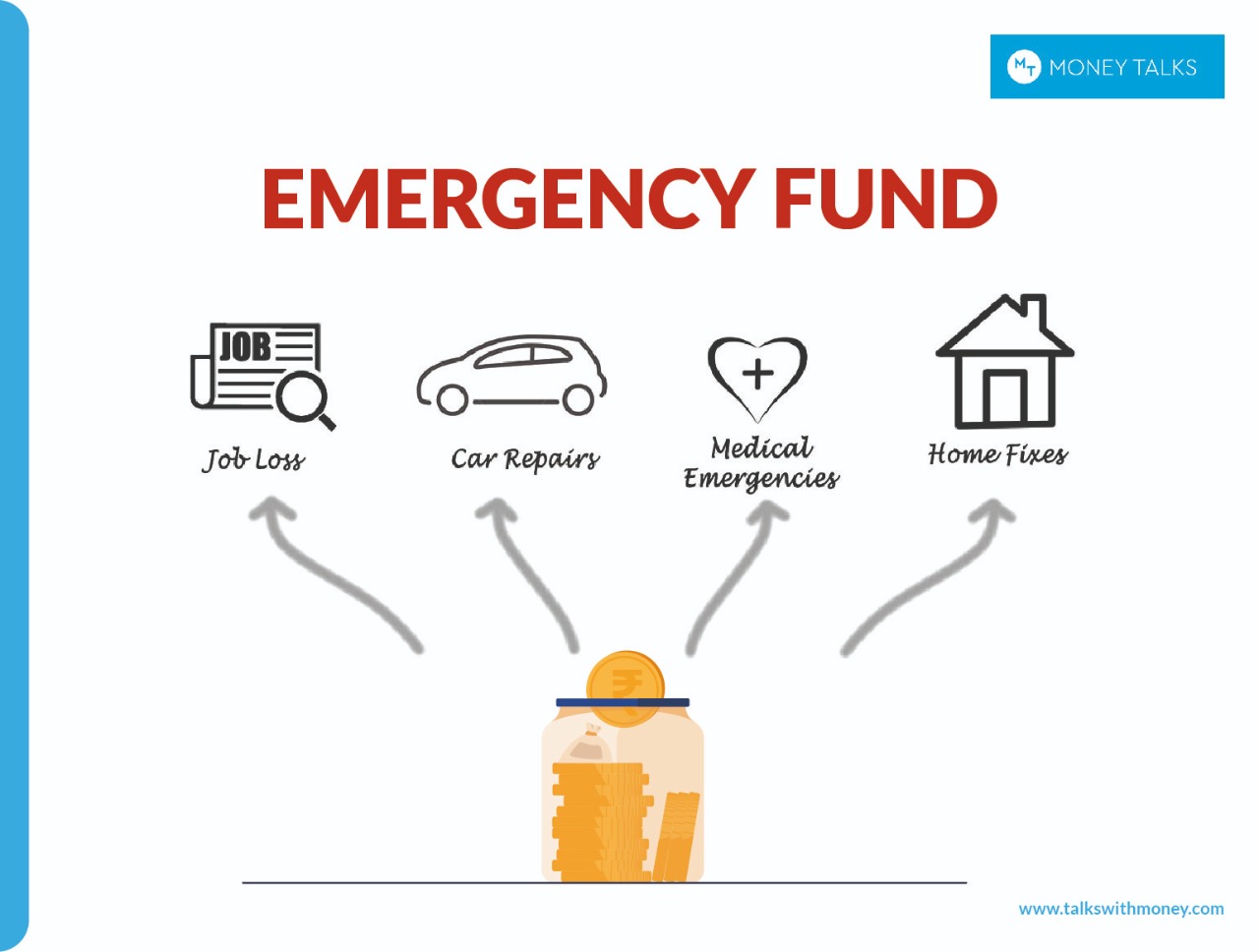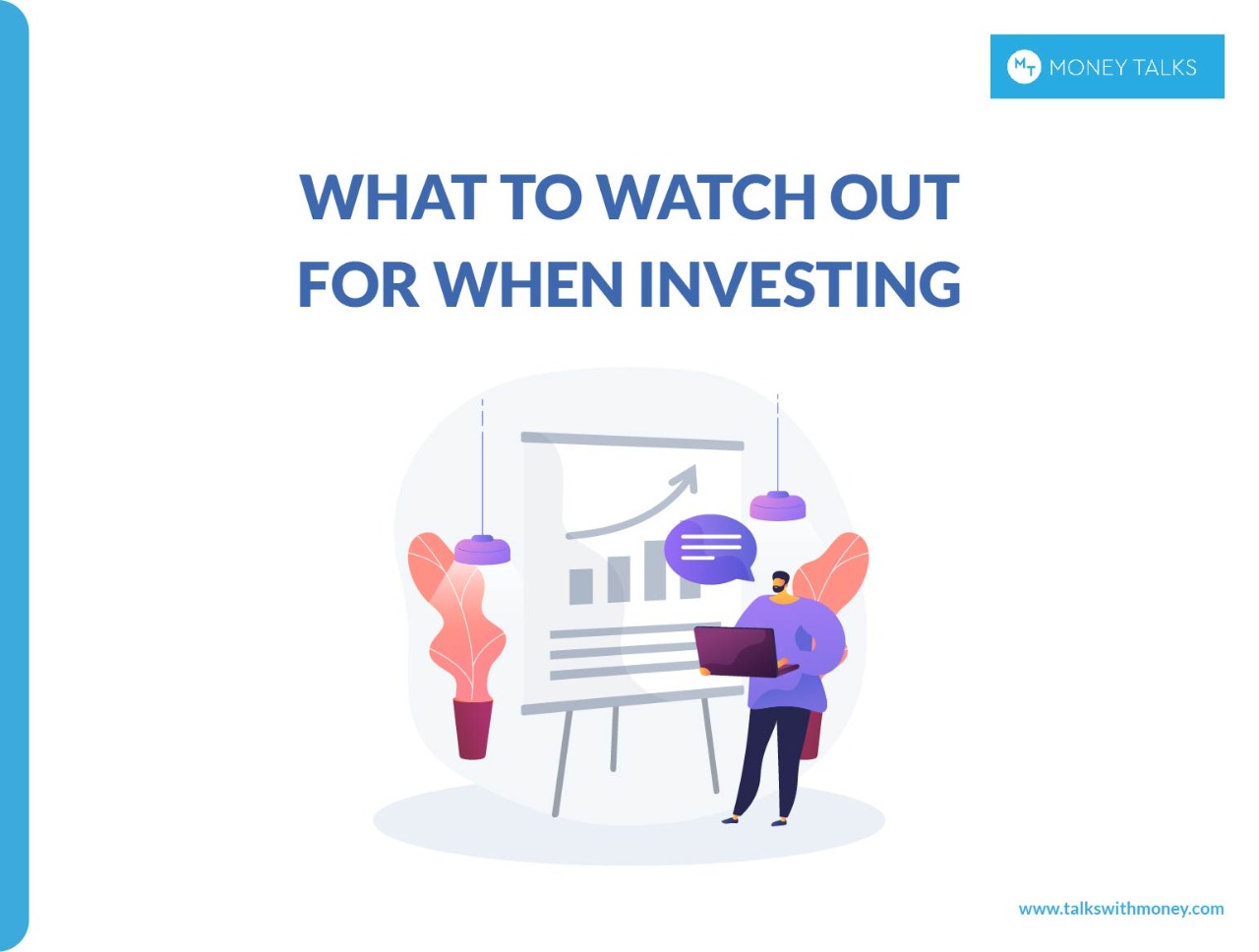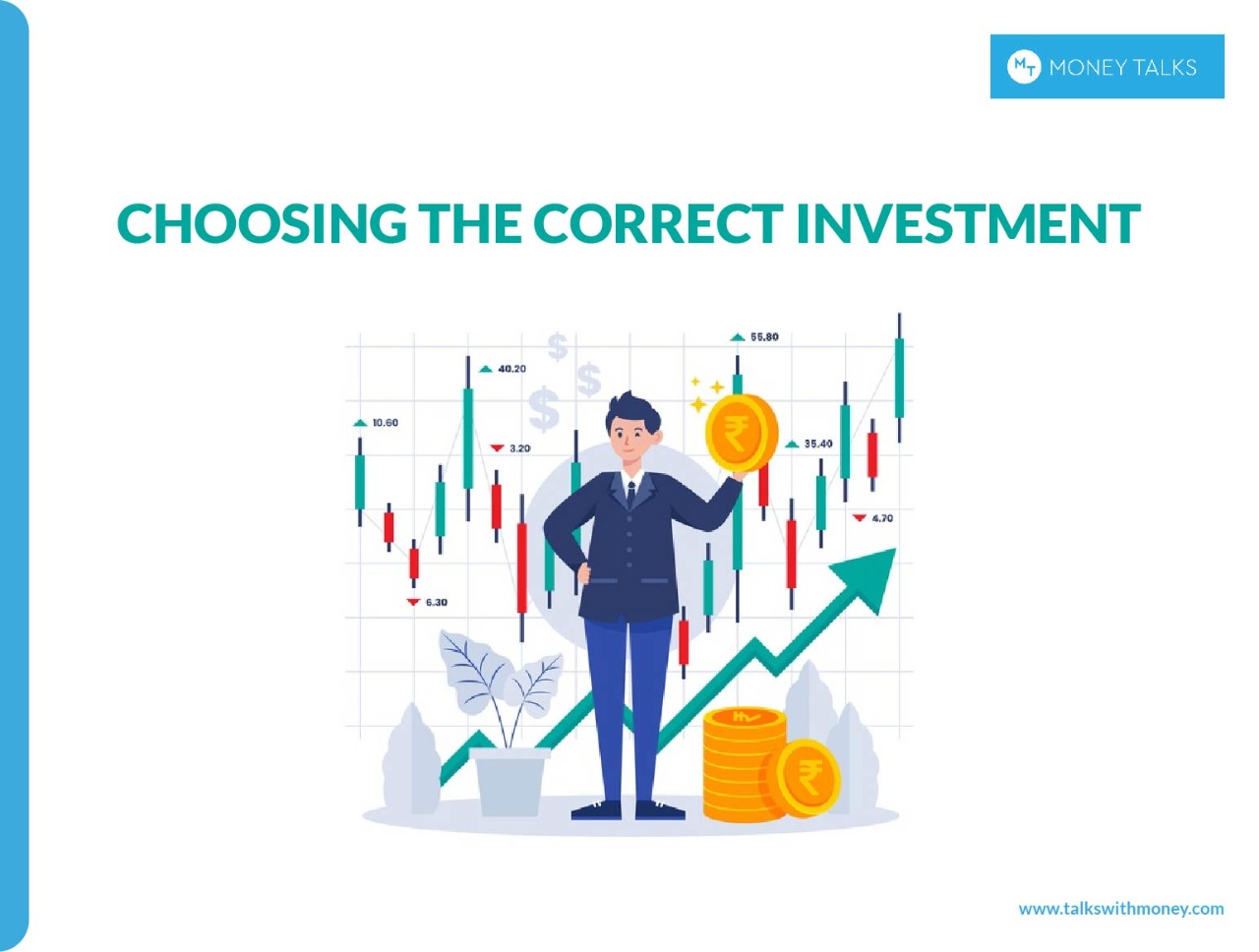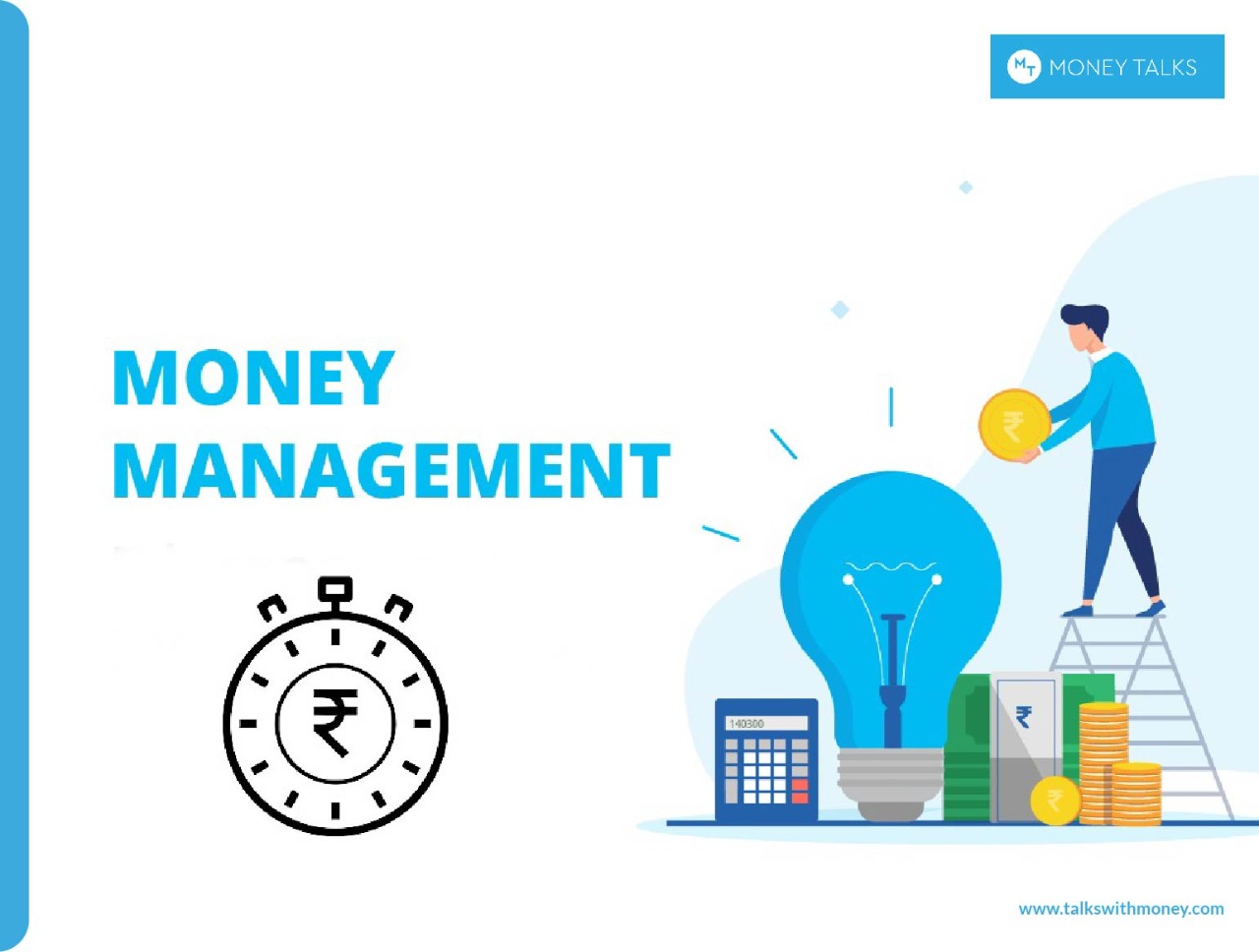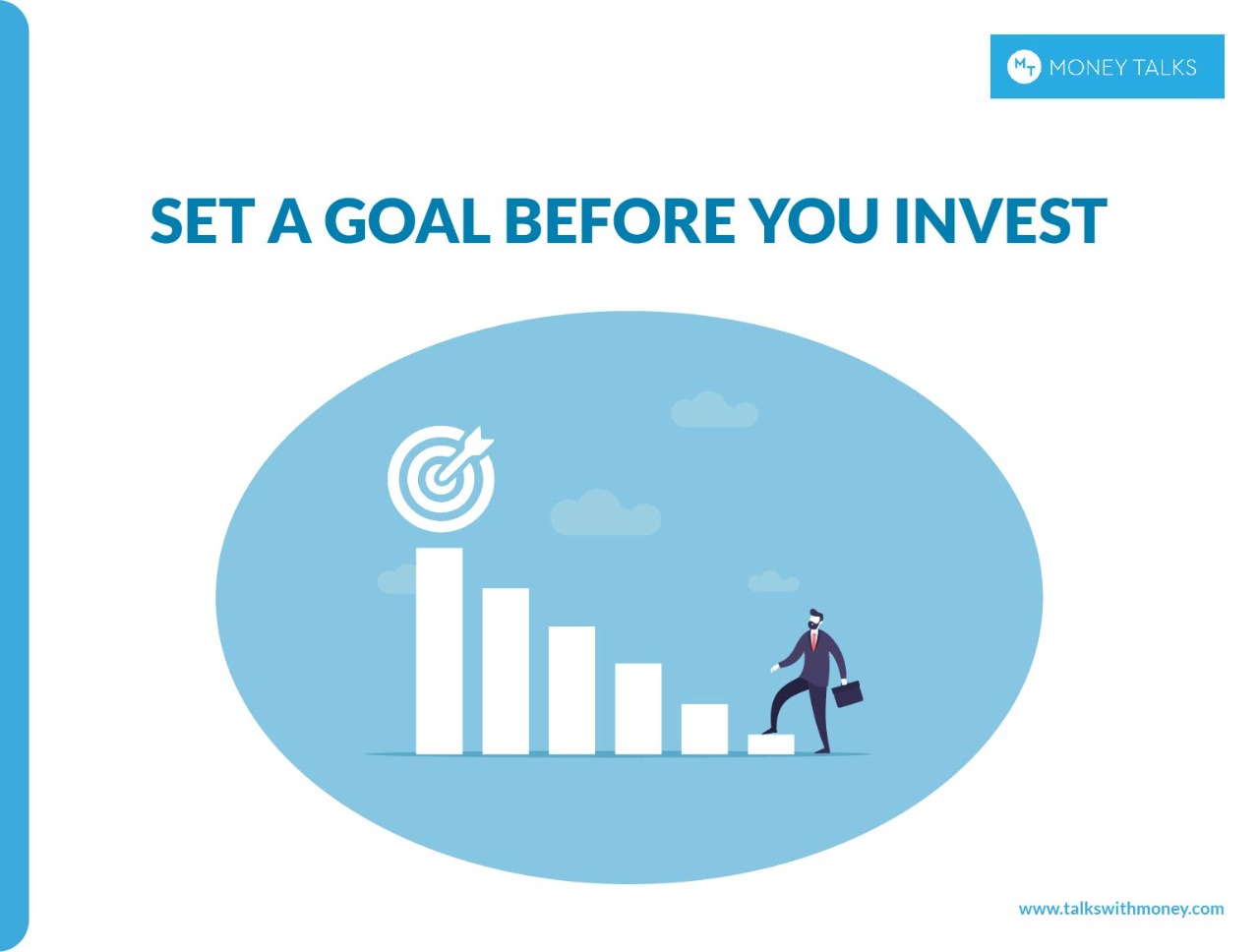The idea of working from home/working online from home caters mainly to home makers and those retired who would want to make productive use of their resources or simply want to make money and create wealth. For them, options are plenty and here are some of them:
Money Making Ideas
Look for apps like Make Money Online where plenty of ideas are available for those who seek to work from home and generate income. Best for people who have a specific technical skill set, some include creating a You Tube channel or a blog.
Be a distributor
Apps are available where commodities including clothes will be on display. Here, you can opt for products of your choice and market them among your family and friends through WhatsApp. At the time when someone shows interest in any of them, you can make an order in the app along with the address to which it will deliver. Once the customer makes payment to the app, a share of profit goes to the manufacturer and the distributor. Meesho, Glowroad and Shop 101 are few such examples.
Show Your Skill
If you have any specific skill such as creating apps, LinkedIn profile or writing content, there are apps where you can register. An example would be apps like Fiverr in which you can mention your specifications which include your skill set and task you would like to do with a quote. As per your specification and quote, you will be assigned work and be paid for it.
Tele-calling Jobs for Corporates
Do you have good communication skills in English? Then, apps like Squadrun are meant for you! Here you will have to undergo an e-learning course on basic introductory module prior to the job. Once you do that, you will be assigned projects which might include calling the clients of your employer and explaining to them about a specific brand or doing an online survey.
Online Tutorial
This is suitable for qualified people who are interested in giving online tutorials. Suppose you are well versed in maths and what to impart this skill in some way, you can register in apps like Chegg Tutors. You will receive questions from students of foreign universities who fail to find a solution for their maths problems. You can post the answer by providing step by step instructions in the app. If the customer finds it satisfactory, you will get paid. There are plenty of similar apps.
Online Trading
For someone who has received training on online trading, intraday trading in stock market is a good option. There are places which provide training in online trading. You will even find it on YouTube. Once you have a good knowledge on this matter, online training definitely reaps rich rewards.
With a little dose of persistence and dedication, you can generate income and possibly create wealth. Wealth creation is for everyone anyway!





